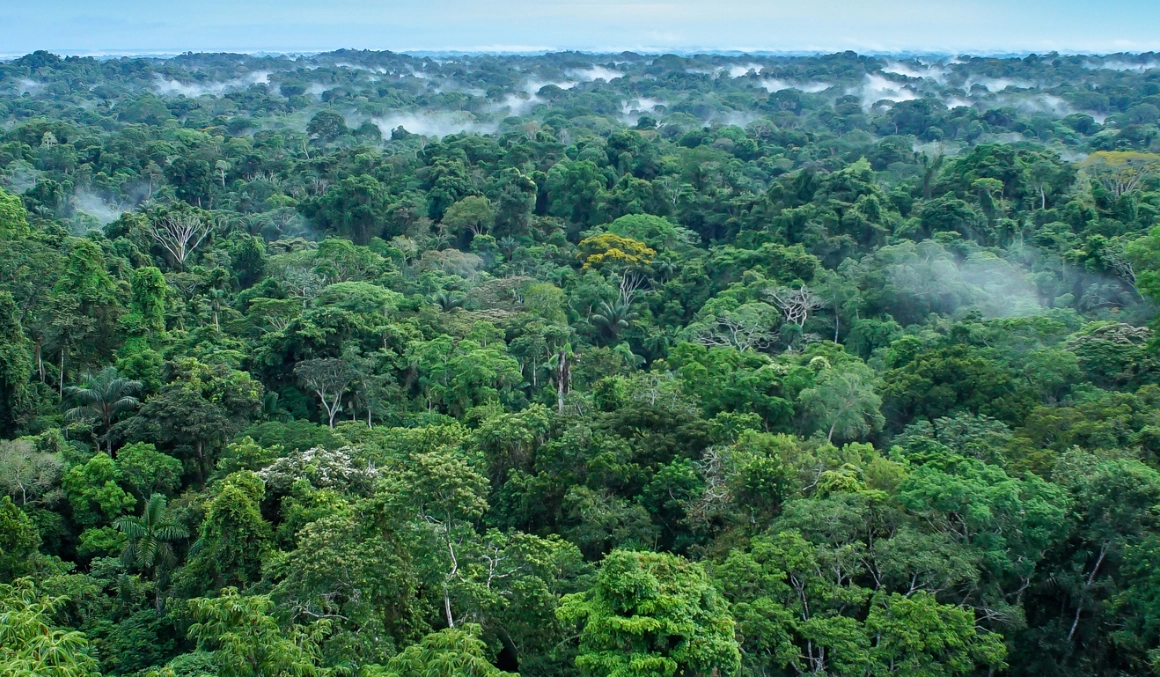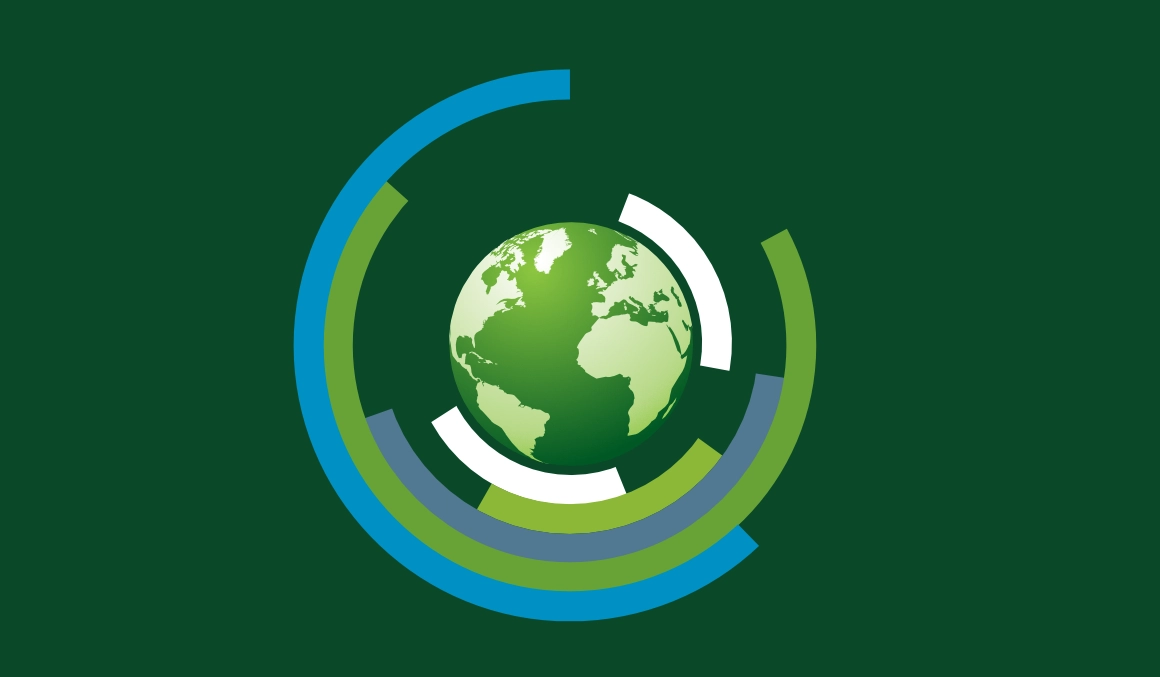The Institute for Environmental-Economics is a professional body established in 2023 to advance the emerging field of environmental-economics worldwide, and to acquaint its +7,000 members in 34 countries with the various aspects of the professional area and inform them about continuing developments.
What is Environmental-Economics ?
Environmental-Economics is the theoretical and empirical scientific study of economic aspects of the environment. The study acknowledges that environmental services (or environmental resources) have economic value and that there are costs to economic activities that are not accounted for in traditional economic models.
Environmental services include things like access to water, air, forest or a park, and the climate. While it is difficult to put a cost on environmental services, there may be a higher price to pay when they are lost. As such, the study of Environmental-Economics deals with problems like the valuation of environmental services, cost of environmental degradation and externalities.
The field of study enables policymakers to write policies that allocate environmental services to economic activities, regulate usage, protect natural resources and guide ownership.
Committee of Directors
Prof. Gerald Tros (General Director)
Prof. Sigfried von Warburg (Director of Research and Policy Analysis)
Drs. Paul Magnus Oviawe (Director of Education)
Laura Maes-Stoclet (Director of Finance and Technology)
Willem-Th. Arendsen (Director of Development)
Freed Schmitter (Director of Relationship Marketing)
Systems of Environmental-Economic Accounting

What is Ecosystem Accounting?

SEEA Experimental Ecosystem Accounting
SEEA Experimental Ecosystem Accounting

SEEA Ecosystem Accounting
The SEEA Ecosystem Accounting (SEEA EA) constitutes an integrated and comprehensive statistical framework for organizing data about habitats and landscapes, […]
